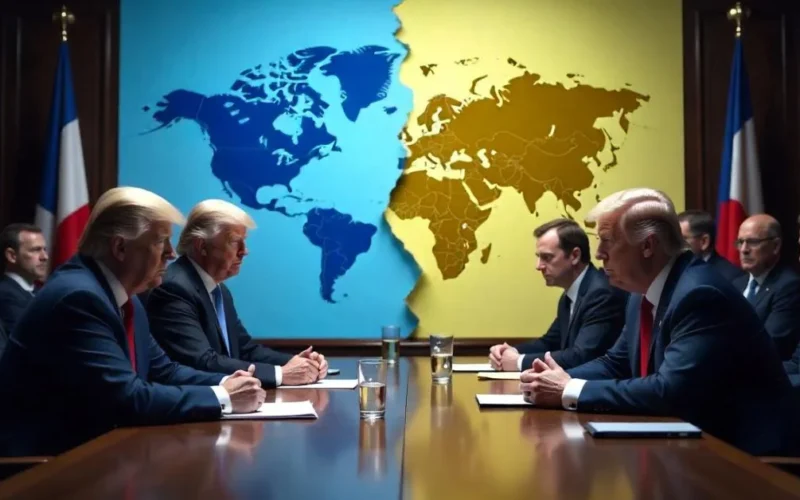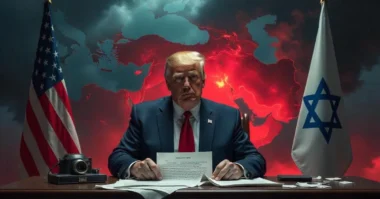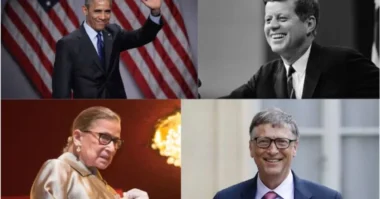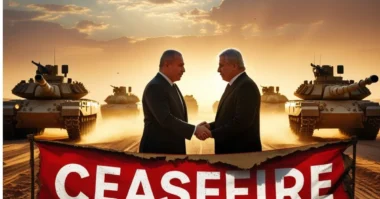Table of Contents
- Europe Divided Over Trump-Zelensky Meeting
- Trump and Zelensky Meeting Sparks Continent-Wide Debate
- France Calls for Balanced Approach to Ukraine
- Germany Highlights NATO Unity Over Personal Diplomacy
- Eastern European Nations Show Mixed Feelings
- UK Shows Support but Wants Long-Term Clarity
- Italy and Spain Urge Focus on Humanitarian Outcomes
- European Union Appeals for Stability and Multilateral Talks
- European Media Reflects Divided Public Opinion
- Security Analysts Warn Against Fragmented Policy Paths
- Trump’s Role Raises Questions About Future Transatlantic Relations
- Europe Prepares for All Scenarios
Europe Divided Over Trump-Zelensky Meeting
The recent Trump-Zelensky meeting has raised questions across Europe about its potential impact on Ukraine’s future and transatlantic relations. From Paris to Berlin and Brussels, political leaders and institutions offered a range of responses.
Trump and Zelensky Meeting Sparks Continent-Wide Debate
The meeting between former U.S. President Donald Trump and President Zelensky came during a time when the war in Ukraine remains a pressing international issue. Although Trump is no longer in office, his political weight and possible future candidacy make his foreign policy ideas relevant. As a result, European countries closely observed the meeting, interpreting it as a preview of what U.S. policy might look like if Trump returns to power.
1. European Leaders Watch Closely
European governments treated the event as a political signal. Some saw it as a positive show of engagement, while others felt it could disrupt the current united Western stance.
2. Concerns Over Future Policy Changes
- Trump’s influence on U.S. foreign policy may return.
- Potential softening on Russia raises alarms in Eastern Europe.
- Possible unilateral actions may weaken NATO coordination.
France Calls for Balanced Approach to Ukraine
France responded cautiously, highlighting the need for a collaborative and balanced diplomatic strategy toward Ukraine. French officials emphasized that peace talks or military strategies should not be dictated by any one leader or country, especially without involving European allies.
1. Macron Supports Multilateralism
President Emmanuel Macron underlined that Europe’s response to the war must come through a joint Western approach. He also hinted at concerns over Trump’s previous tendency to act independently.
2. France’s Strategic Concerns
- Europe must avoid rushed peace talks that ignore Ukraine’s sovereignty.
- France is wary of Trump’s unpredictable foreign policy record.
- Paris aims to stay central in peace-building discussions.
Germany Highlights NATO Unity Over Personal Diplomacy
Germany’s primary concern focused on unity within NATO. Officials in Berlin worry that side meetings, like Trump’s with Zelensky, may create fractures among allies. They emphasized that support for Ukraine should remain consistent and based on shared alliance goals.
1. Berlin Promotes Collective Decision-Making
Germany believes that any decisions about Ukraine’s future, especially those involving peace talks or military support, should not be made by just one or two countries. Instead, such important matters must be handled through joint discussions among all NATO allies.
This position comes from Germany’s strong commitment to multilateral diplomacy, which means involving all relevant partners, including European countries, in international decisions. German leaders are concerned that if the U.S. (especially under a figure like Trump) acts alone in negotiating with Ukraine, it could sideline Europe and undermine NATO’s unity.
2. Key German Messages
- NATO decisions must be collective, not led by individuals.
- Peace terms should not be imposed without EU input.
- Unilateral diplomacy risks weakening transatlantic unity.
Eastern European Nations Show Mixed Feelings
In Eastern Europe, especially Poland and the Baltic states, the reaction was more mixed. While these countries appreciate Trump’s past emphasis on defense, they remain cautious due to his inconsistent stance on Russia and NATO.
1. Poland Welcomes Attention, But Cautions Follow Through
Polish leaders appreciated the attention brought to Ukraine but recalled Trump’s praise of authoritarian figures like Putin. They fear this could influence future policies.
2. Baltic Countries Fear Reduced Support
- Latvia, Lithuania, and Estonia stressed their reliance on NATO’s protection.
- A weaker U.S. stance on Ukraine may put them at risk.
- They urge continued, reliable American military support.
UK Shows Support but Wants Long-Term Clarity
The United Kingdom reacted with a reserved but constructive tone. Officials in London acknowledged the symbolic importance of Trump’s meeting but demanded more clarity and concrete policy commitments regarding Ukraine.
1. Post-Brexit Role in Global Security
Britain seeks to show it can independently contribute to global stability. It encouraged the U.S. to maintain a consistent foreign policy regardless of political transitions.
2. British Expectations from the U.S
- Long-term strategy toward Ukraine should remain firm.
- Political changes must not interrupt aid and defense cooperation.
- Dialogue is welcome, but real actions matter more.
Italy and Spain Urge Focus on Humanitarian Outcomes
Italy and Spain responded by shifting the focus toward humanitarian issues rather than politics. Both countries urged that Ukraine’s people must be at the heart of any political talks, whether they involve Trump or any other leader.
1. Southern Europe’s Priorities
Rather than political rivalry, Italy and Spain called for protecting lives, rebuilding homes, and offering safety to refugees.
2. Concerns From Southern Europe
- Peace must come through lawful, people-first diplomacy.
- Human rights must guide every step of negotiation.
- Political grandstanding risks ignoring civilian suffering.
European Union Appeals for Stability and Multilateral Talks
As an institution, the European Union made a formal appeal for diplomatic stability. EU officials expressed concern over direct, leader-to-leader talks that might bypass the structures created for joint decision-making.
1. EU Leadership Calls for Inclusive Dialogue
The EU, particularly through foreign policy chief Josep Borrell, argued that long-term peace in Ukraine must be achieved through a stable and legal multilateral process.
2. EU’s Core Messages
- Ukraine must remain sovereign in all diplomatic outcomes.
- EU support, financial, military, and moral, will continue.
- Future peace deals must include European voices at the table.
European Media Reflects Divided Public Opinion
European media outlets responded differently to the Trump-Zelensky meeting, revealing the political divide across the continent. Some newspapers and broadcasters viewed the discussion positively, seeing it as a sign of continued focus on Ukraine. However, others raised doubts, questioning whether the timing and purpose of the meeting were politically motivated.
1. Western Media Highlights Political Strategy
Outlets in Germany, France, and the UK speculated that Trump’s meeting was more about election optics than meaningful diplomacy.
2. Eastern Media Focuses on Security Risks
In contrast, media in countries closer to Russia focused more on how the meeting might affect NATO troop deployment and overall readiness.
Security Analysts Warn Against Fragmented Policy Paths
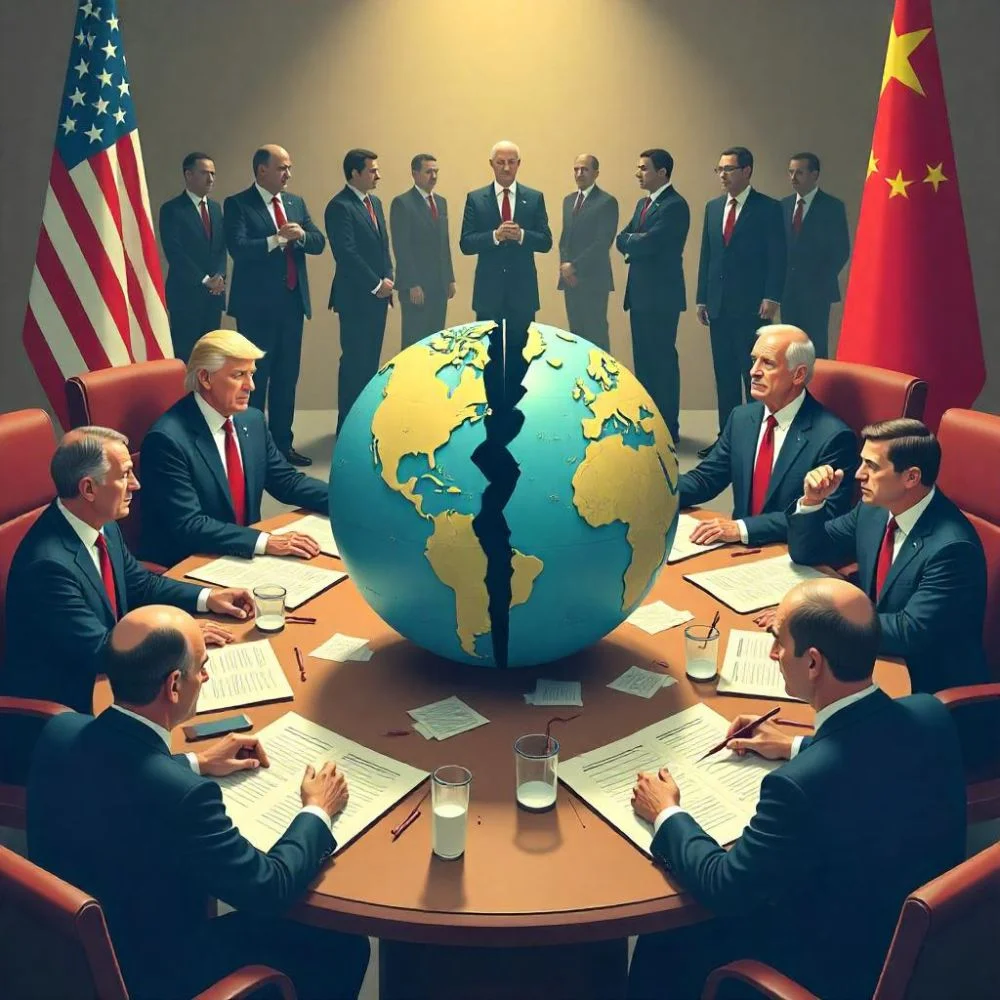
Think tanks and foreign policy experts in Europe raised red flags about the risks of divided strategies. They noted that when diplomacy is led by individual political figures rather than institutions, it creates confusion and weakens alliances.
1. Call for Clear U.S.-Europe Alignment
Experts stressed that without coordinated messaging between the U.S. and Europe, efforts in Ukraine could slow or backfire.
2. Strategic Risks Identified by Analysts
- Mixed signals could lead to diplomatic stalemates.
- Authoritarian states might exploit disunity.
- Allies must stay in regular communication to avoid misunderstandings.
Trump’s Role Raises Questions About Future Transatlantic Relations
Trump’s reemergence in high-level foreign affairs, even as a private citizen, raises concerns about the future of Europe’s relationship with the United States. Past tensions during his presidency have not been forgotten.
1. European Memories of Trump’s Leadership
Trump previously challenged NATO funding rules, praised Putin, and questioned U.S. involvement abroad. Many fear a repeat of that foreign policy approach.
2. Preparing for Multiple Scenarios
- European leaders are building backup plans.
- Greater independence in defense and diplomacy is being explored.
- Internal unity within the EU is becoming a priority.
Europe Prepares for All Scenarios
Europe’s reactions to the Trump-Zelensky meeting vary, but they reflect a clear need for caution, preparation, and strategic independence. Whether Trump returns to office or not, European nations are preparing for different future possibilities.
Final Takeaways
- Europe supports Ukraine through unified and legal frameworks.
- Humanitarian and security concerns must remain central.
- The continent is focused on remaining resilient, regardless of changes in American leadership.
